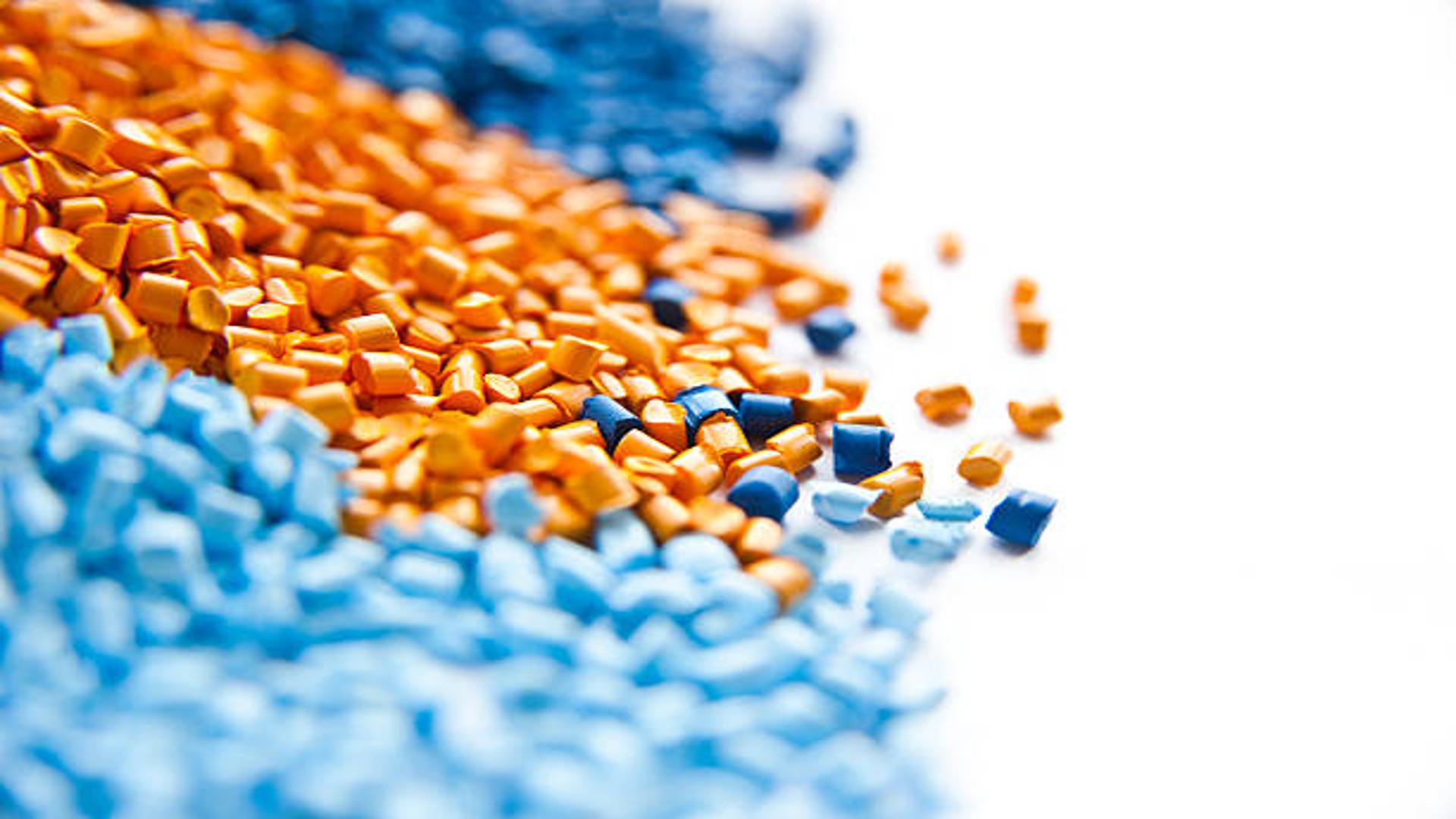Choosing the correct raw materials for plastic pallets is vital, as they directly impact performance, cost, and durability across specific applications. Different industries have unique requirements concerning hygiene, strength, environmental conditions, and budget constraints. Understanding the properties of various materials used in manufacturing plastic pallets can help businesses make informed decisions about which pallet type best meets their needs.
- Injection-Molded Plastic Pallets
- High-Density Polyethylene (HDPE): HDPE is ideal for general-purpose pallets due to its versatility, durability, and cost-effectiveness. It is suitable for handling heavy loads and can withstand harsh environmental conditions, making it popular in various industries. Its excellent resistance to corrosion, chemicals, and UV exposure prolongs the service life of the pallets.
- Polypropylene (PP): This material is preferred for applications requiring high rigidity, such as those involving extreme temperatures or exposure to chemicals. PP pallets are commonly used in industries like automotive and electronics due to their superior heat resistance and sturdiness.
- Recycled vs. Virgin Materials: Virgin HDPE is preferred when strength, durability, and hygiene are critical, especially in industries like pharmaceuticals or food processing. Recycled HDPE is a more economical and environmentally friendly option, offering good performance but potentially reduced impact resistance.
- Blow-Molded Plastic Pallets
- HDPE: Blow-molded pallets are commonly made from HDPE due to its lightweight nature and high impact resistance. These pallets are ideal for environments requiring resilience against frequent handling, such as cold storage facilities or warehouses with heavy machinery.
- Polyethylene Terephthalate (PET): PET is often used in applications requiring recyclability and resistance to moisture and gases, making it ideal for long-term use in controlled environments.
- Roto-Molded Plastic Pallets
- HDPE and PP: Roto-molded pallets made from HDPE or PP are suitable for heavy-duty applications in industries like mining, construction, and chemical handling. These materials provide increased strength and impact resistance, making them ideal for challenging environments.
- Hygienic Pallets
- HDPE and Antimicrobial Additives: For hygienic pallets, HDPE is often used, with the addition of antimicrobial agents to inhibit the growth of bacteria and other pathogens. These pallets are especially beneficial in industries like food processing, pharmaceuticals, and healthcare, where maintaining a clean and sterile environment is critical.
Understanding the materials used in plastic pallet manufacturing is crucial for optimizing performance and durability in various applications. Each material has specific strengths that influence the overall effectiveness of the pallets in meeting industry needs. By selecting the appropriate materials, businesses can enhance operational efficiency, reduce costs, and ensure compliance with hygiene and safety standards.

